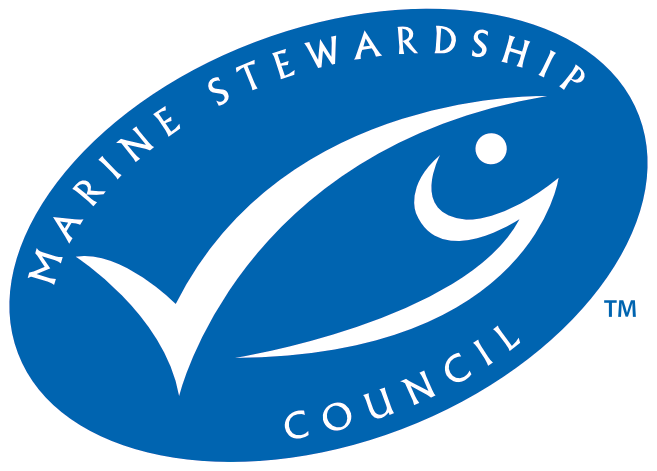
- Certifier :
- Bureau Veritas Certification
- Certified status :
- Certified
- Certified since :
- 09 Feb 2017
- Certificate expires :
- 08 Aug 2027
Overview
Fisheries are composed of one or more parts, each of which is entitled to receive an MSC certificate. These parts or “units” are defined by their target stock(s), fishing gear type(s) and if relevant vessel type(s), and the fishing fleets or groups of vessels.
When the term “Unit of Certification” is used for fishing units that are in assessment, it refers to the “Unit of Assessment” or “Unit of potential certification”. Expand a status below to view the parts that form this fishery. To check the detailed scope, download the latest certificate or open the Assessments page to get the latest report. Find out more by visiting our page on Fisheries
Catch by Species
| Species | Reported Catch Year | Metric Tonnes |
|---|---|---|
| Chilean nylon shrimp (Heterocarpus reedi) | 2024 | 333 |
| Carrot squat lobster (Pleuroncodes monodon) | 2024 | 4,899 |
| Blue squat lobster (Cervimunida johni) | 2024 | 1,042 |
Information is provided by an independent Conformity Assessment Body as live weight (the weight of species at the time of catch, before processing) and where a fishing season covers multiple years, the end year is given as the reported catch year. Additional information is available in the latest report, see the assessments page.
Eligibility, client groups and vessel lists
A fishery may choose to define the members of the fishery certificate. These members can be vessels or other client group members (e.g. companies that own vessels and/or companies that are named as eligible to handle certified product covered within the fishery certificate scope). Please refer to the fishery certificate statement on additional product specific eligibility criteria (e.g. product eligibility limitations, eligibility date, exclusive points of landing and the point where Chain of Custody certificate is required). Please consult the fishery Public Certification Report for product eligibility rationale.
| Documents | Published on | Files |
|---|---|---|
| Vessel List | 18 Feb 2026 | 1 files |
About this Fishery
This fishery operates along the south-central coast of Chile. Nine vessels use demersal trawls to harvest two species of squat lobster.
Squat lobsters are not true lobsters and are more closely related to porcelain and hermit crabs. In the USA, the biggest export market, squat lobster meat is commonly referred to as langostino.
Squat lobsters have been fished in the region at least as far back as the 1960s. Stocks of the red or carrot squat lobster (Pleuroncodes monodon) declined in the 1980s and fishing activity was banned for several years. Recent assessments have found significant recovery.
Market Information
The main markets for Chilean squat lobsters are local and national, for fresh consumption. The export markets are the USA (95% of exports) and Europe (5%).